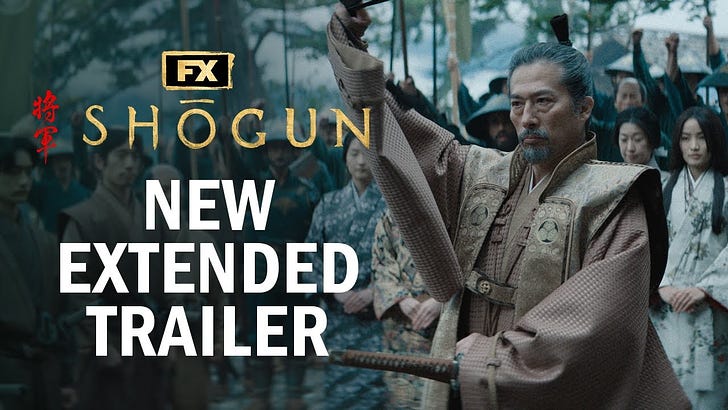The New York Times for Conservatives
In recent years, the New York Times’ reputation has shifted. Once America’s “newspaper of record,” now it is viewed by many as a bastion of unreflective progressivism. And yet I subscribe.
Whatever one thinks of the Times as a whole, they have mastered some aspects of on-line journalism. One of them is the use of the newsletter format. Many of their columnists distribute weekly or bi-weekly newsletters – essentially their own Substack. There are NYT columnists I can’t imagine wasting my time on – and I don’t have to. I get to choose the newsletters I want to receive.
Two of them are exceptional. Peter Coy is the Times’ economic editor. He poses many great questions, and his analysis is intelligent, reasoned, and well-informed. You can infer some of his world-view assumptions from how he approaches various topics, but we all have world views that inform our thinking. He strives for balance in his thinking and generally achieves it.
Ross Douthat writes another newsletter I look forward to receiving. Douthat writes about culture from a Christian perspective. He’s a Catholic, so his angle of vision is somewhat different than mine, but I don’t know of a more thoughtful, insightful observer of the current moment. At the end of his newsletter, he posts links to articles and essays in other publications that he thinks are of interest.
- Jack Jr.
Oh Look, More Japanese Stuff
Listen, I don’t want to hear about it. It’s been a good long while since I recommended anything Japanese, so frankly, this feels overdue. Hulu has adapted James Clavell’s novel Shogun into a new series that begins next week. I am not recommending the show, yet, though you can watch the trailer below.
If I am an expert in anything, it is this period of Japanese history. My master’s thesis was a history of the Jesuit mission in Japan from 1549-1635, and Shogun takes place smack in the middle, about 1600. Clavell’s novel (which I am rereading) is very good. It takes many liberties (it also changes every historical person’s name, which makes me feel kind of crazy when I read it) but also does a good job of giving the reader a sense of the culture as well as the conflict between the Japanese and Christianity.
Shogun is also based on true events. An English pilot of a Dutch ship really did wreck on Japan’s shores; he really did learn Japanese and become a sort of advisor to Ieyasu Tokugawa (Toranaga in the book), the man who would reunify Japan after centuries of civil war and become Shogun. Tokugawa’s dynasty would last until Commodore Perry of the United States came and asked nicely (but also with cannon) that Japan reopen to the outside world.
Shogun the novel is very good; Shogun the show will probably irritate me until I stop watching, but we’ll see.
- Jack III





RE: Jack Jr.'s section: I subscribe to the NYT, and will say as well that from my perspective, with all the caveats about ignoring large swaths of the content, as a whole the Sunday New York Times is one of the most cost-effective pleasures on the planet. RE: Jack III's - I wasn't aware of the subject of your thesis - I'm curious given that as to your assessment of Scorcese's movie Silence.
Also an NYT subscriber. I'll add David French to the list of columnists I don't always agree with but go out of my way to read.
For what it's worth, progressives have their share of complaints about the paper, too. In an increasingly fragmented media landscape where everyone can find someone saying (or more likely, shouting) what they wanted to hear anyway, I still generally think NYT deserves to be the newspaper of record.